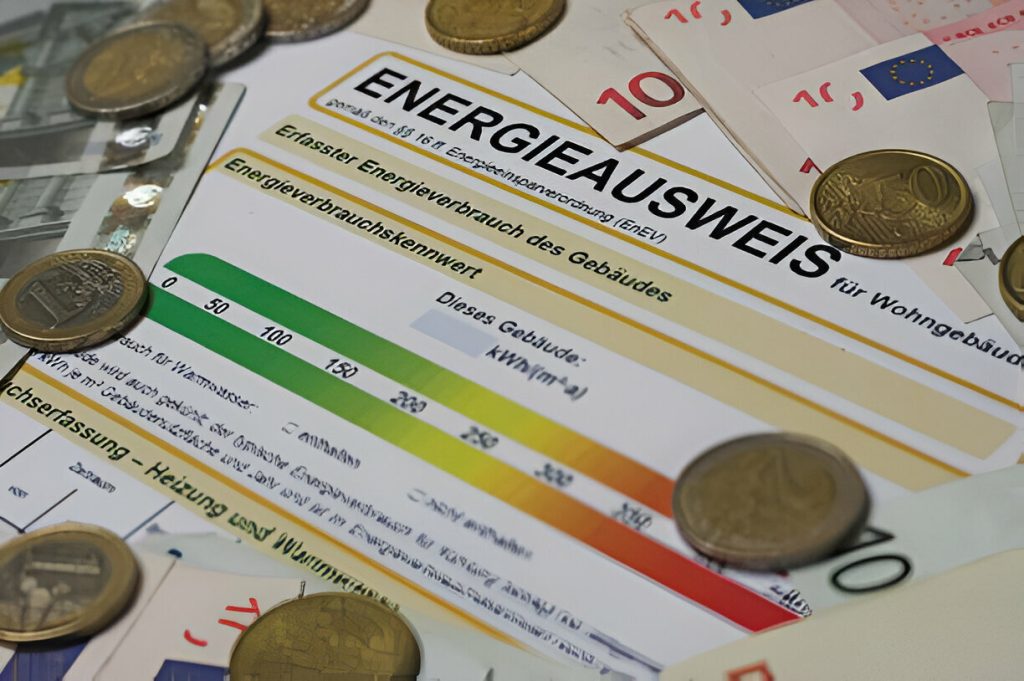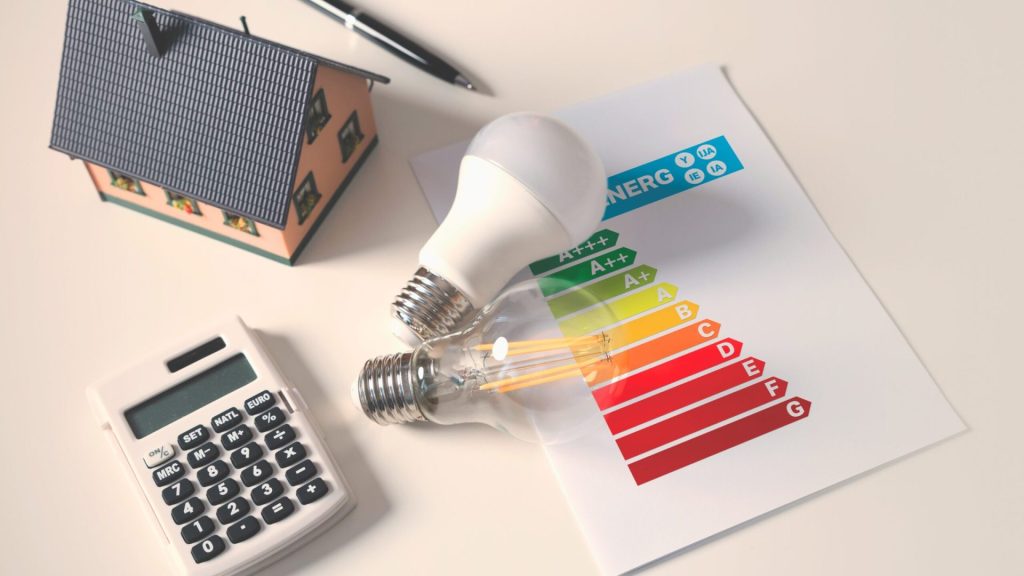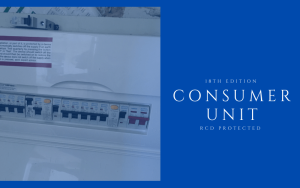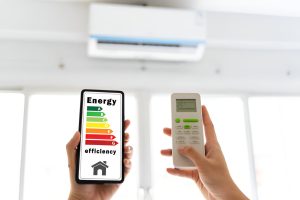Understanding Energy Performance Certificate costs is crucial for landlords and homeowners. These certificates not only provide insights into a property’s energy efficiency but also come with various financial implications. From assessment fees to potential upgrades, the expenses can add up quickly. What factors influence these costs, and how can property owners effectively manage them? Exploring these questions is essential for informed decision-making in property investment.
Key Takeaways
- The main cost for obtaining an EPC is hiring an accredited energy assessor, typically ranging from £60 to £120.
- Additional expenses may arise from necessary property improvements to meet energy efficiency standards.
- EPCs are valid for ten years but require regular assessments, with renewal fees between £50 and £120.
- Energy audits, which can help identify further improvements, generally cost between £200 and £500.
- Budget for possible consultation services, which typically range from £100 to £300, for tailored advice on energy upgrades.
Understanding Energy Performance Certificates (EPCs)
Although many property owners may be unfamiliar with the specifics, Energy Performance Certificates (EPCs) play an important role in evaluating a building’s energy efficiency.
These certificates provide a standardized assessment of energy consumption, categorizing properties on a scale from A (most efficient) to G (least efficient). The assessment considers various factors, including insulation quality, heating systems, and lighting.

Energy Performance Certificates assess properties’ energy efficiency, rating them from A to G based on key factors like insulation and heating systems.
EPCs are vital for informing potential buyers and tenants about energy costs and overall environmental impact. Additionally, they are required by law when properties are built, sold, or rented.
Understanding EPCs empowers property owners to make informed decisions regarding energy improvements, ultimately enhancing property value and compliance with regulatory standards, while contributing to broader sustainability goals.
The Importance of EPCs for Landlords and Homeowners
Energy Performance Certificates (EPCs) hold significant value for both landlords and homeowners by influencing property management decisions and investment strategies.
For landlords, EPCs are vital in ensuring compliance with regulations, as failing to meet minimum energy efficiency standards can lead to financial penalties. Additionally, a high EPC rating can enhance property appeal, attracting environmentally conscious tenants and potentially commanding higher rents.
Homeowners benefit from EPCs by gaining insights into energy usage, allowing for informed decisions regarding upgrades and renovations that can lead to increased property value.
Ultimately, EPCs serve as an important tool for evaluating energy efficiency, fostering sustainable living practices, and contributing to the broader goal of reducing carbon footprints in the real estate market.
Costs Involved in Obtaining an EPC
Obtaining an Energy Performance Certificate (EPC) incurs various costs that prospective landlords and homeowners should consider. The primary expense is the fee for hiring an accredited energy assessor, which typically ranges from £60 to £120, depending on the property’s size and location.
Additional costs may arise from necessary improvements to meet energy efficiency standards, such as insulation upgrades or heating system replacements. Essential documentation, such as energy bills and property plans, may also require preparation, incurring further administrative fees.
Stakeholders need to budget for these expenses, as they directly impact the overall financial viability of energy efficiency initiatives and compliance with regulatory requirements. Understanding these costs enables informed decision-making regarding property investments.
Factors Influencing EPC Assessment Fees
Several factors can influence the assessment fees for an Energy Performance Certificate (EPC), impacting the total cost for property owners and landlords.
Primarily, the size and type of the property play an essential role; larger buildings or complex structures typically incur higher fees due to the increased time and effort required for assessment.
Geographic location also affects costs, as urban areas may have higher fees compared to rural settings due to varying demand and competition among assessors.
Additionally, the assessor’s experience and qualifications can lead to variations in pricing, with more established professionals often commanding higher fees.
The specific requirements of the EPC assessment, including the depth of analysis needed, further contribute to the overall expense incurred by property stakeholders.
Potential Additional Costs for EPC Compliance
Complying with the requirements of an Energy Performance Certificate (EPC) often entails additional costs beyond the assessment fees. Property owners may need to invest in various energy-efficient improvements to meet the minimum performance standards outlined in the EPC.

Common expenditures can include upgrading insulation, replacing outdated heating systems, or installing energy-efficient windows. Moreover, these enhancements may require hiring specialists or contractors, incurring labor costs that can greatly impact the overall budget.
Additionally, there may be costs associated with obtaining necessary permits or conducting follow-up inspections to verify compliance. Property owners must anticipate these potential expenses to effectively manage their financial commitments and maintain adherence to EPC regulations, guaranteeing their investments yield peak energy performance and marketability.
EPC Renewal and Maintenance Expenses
While an Energy Performance Certificate (EPC) is typically valid for ten years, property owners should be aware that renewal and maintenance expenses can arise throughout this period. Regular assessments may be necessary to guarantee compliance with evolving regulations and to maintain the property’s energy efficiency rating.
| Expense Type | Estimated Cost |
|———————-|———————|
| Renewal Fee | £50 – £120 |
| Energy Audit | £200 – £500 |
| Improvement Upgrades | £1,000 – £5,000+ |
| Consultation Services | £100 – £300 |
These expenses, though variable, underscore the importance of proactive planning in energy management. By budgeting for these potential costs, property owners can effectively navigate the complexities of EPC renewal and maintenance.
Tips for Reducing EPC-Related Costs
To minimize EPC-related costs, property owners can adopt a strategic approach that emphasizes energy efficiency improvements and regular assessments.
Implementing energy-efficient upgrades, such as high-quality insulation, energy-efficient windows, and modern heating systems, can greatly enhance a property’s EPC rating while reducing long-term energy expenses.
Conducting periodic energy audits allows property owners to identify areas for improvement and prioritize investments effectively.
Additionally, utilizing government grants or incentives can alleviate initial upgrade costs.
Engaging with qualified professionals to guarantee compliance and optimize energy performance can further mitigate expenses associated with EPC assessments.
Frequently Asked Questions
How Long Is an Energy Performance Certificate Valid?
An Energy Performance Certificate (EPC) remains valid for ten years from the date of issue. Homeowners and landlords should guarantee compliance by regularly checking the certificate’s status, particularly when planning property sales or rentals.
Can I Appeal an EPC Rating?
An individual may appeal an Energy Performance Certificate rating if they believe inaccuracies exist. This process typically requires providing evidence to support the claim, ensuring the assessment reflects the true energy efficiency of the property.
What Happens if My Property Fails the EPC Assessment?
If a property fails the EPC assessment, the owner must address identified deficiencies, implement recommended improvements, and reapply for a new assessment to achieve a satisfactory rating, ensuring compliance with energy efficiency regulations and standards.










